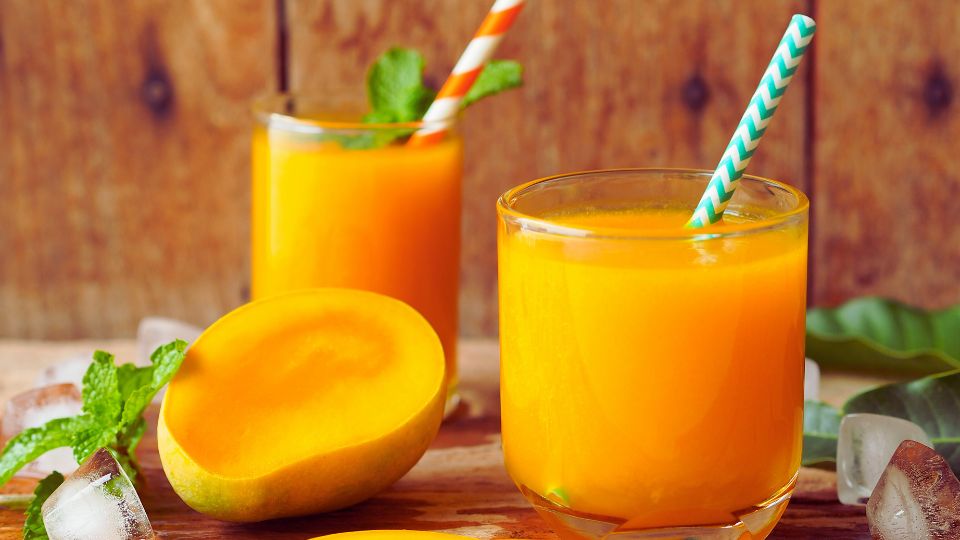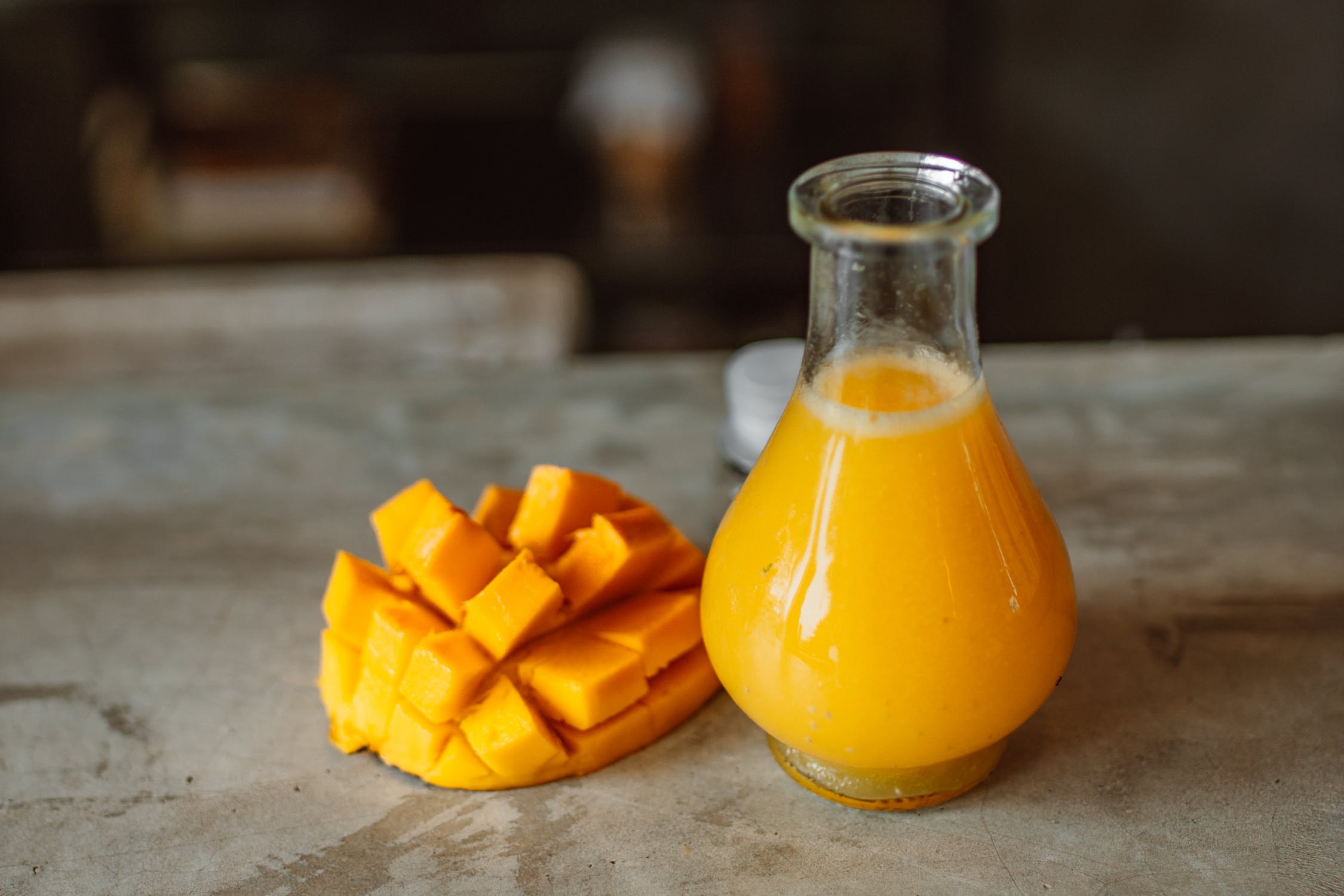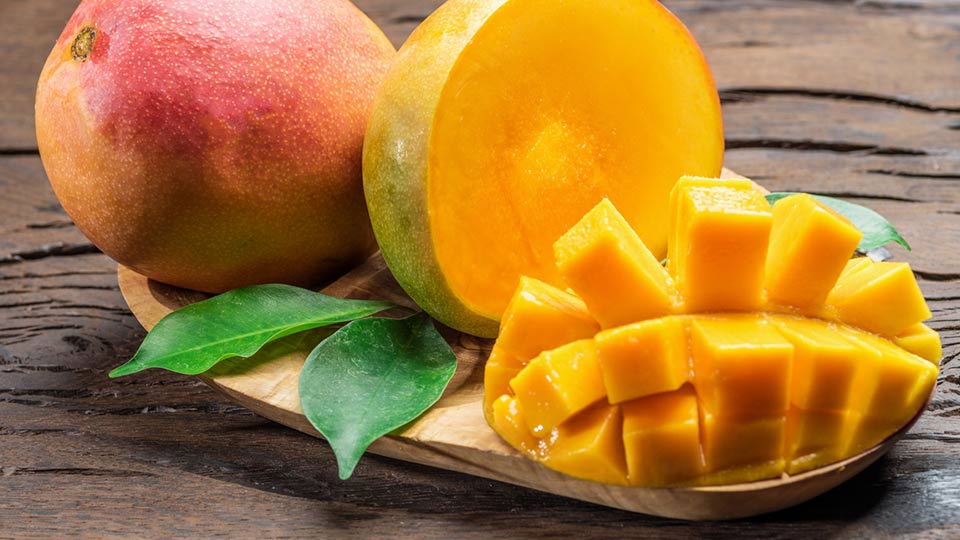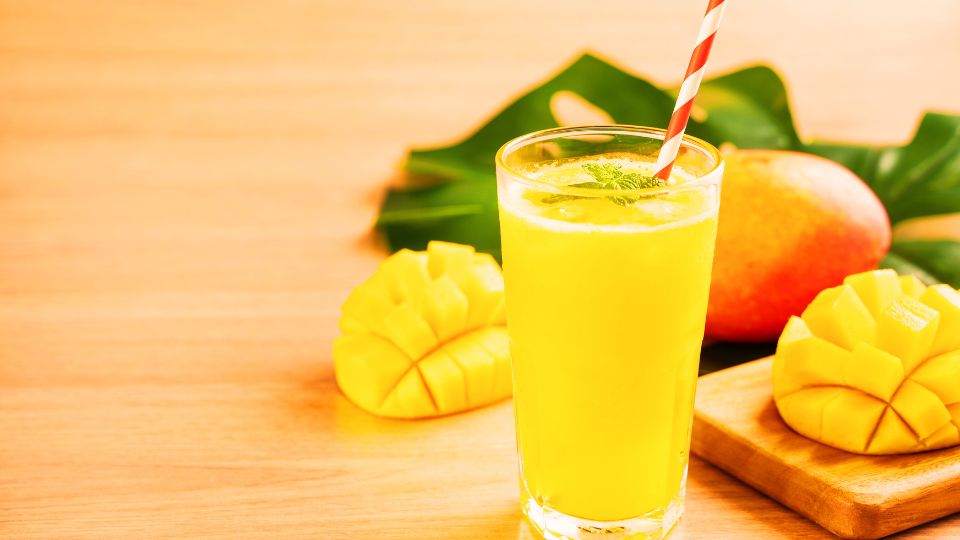Yes, you can juice mango in a juicer. Mango is a delicious and nutritious fruit that can be enjoyed in a variety of ways, including as a juice. Using a juicer is an efficient and effective way to extract the juice from the fruit, making it easy to consume and enjoy.
In this article, we will discuss the process of juicing mangoes in a juicer, the benefits of consuming mango juice, and considerations to keep in mind.
How to Juice Mangoes in a Juicer
Juicing mangoes in a juicer is a popular way to enjoy this tropical fruit in a liquid form. It is a quick and easy way to extract the juice and nutrients from mangoes. Here are some tips on how to juice mangoes in a juicer:
Preparation of mangoes
Before juicing, it is important to prepare the mangoes properly to ensure the best results. Here are the steps to follow:
- Choose ripe mangoes: Select ripe mangoes that are slightly soft to the touch and have a sweet aroma.
- Wash and dry: Rinse the mangoes thoroughly under cold water and dry them with a clean towel.
- Peel the mangoes: Use a sharp knife to remove the skin of the mangoes. Cut the flesh away from the pit.
- Cut into small pieces: Cut the mango flesh into small pieces that will fit into the juicer chute.
Steps for juicing mangoes in a juicer
- Turn on the juicer: Plug in the juicer and turn it on.
- Feed the mango pieces into the juicer: Slowly feed the mango pieces into the juicer chute.
- Collect the juice: Place a glass under the spout of the juicer to collect the mango juice.
- Discard the pulp: The juicer will separate the pulp from the juice. Discard the pulp or use it in a recipe.
Tips for juicing mangoes efficiently
- Use ripe mangoes: Ripe mangoes will yield more juice and be easier to juice than unripe mangoes.
- Cut the mango into small pieces: Mangoes should be cut into small pieces that will fit into the juicer chute.
- Alternate hard and soft fruits: If juicing multiple fruits, alternate hard and soft fruits to prevent the juicer from clogging.
- Clean the juicer: After juicing, clean the juicer thoroughly to prevent the buildup of pulp and residue.
Considerations When Juicing Mangoes
Mango juice is a delicious and healthy beverage that can be enjoyed by itself or mixed with other fruits and vegetables. However, there are some potential drawbacks and precautions to keep in mind when consuming mango juice.
Potential drawbacks of juicing mangoes
- High Sugar Content: Mangoes are naturally sweet, and juicing them can concentrate the sugar content. Consuming too much sugar can lead to health problems such as weight gain, diabetes, and heart disease.
- Allergic Reactions: Mangoes are known to cause allergic reactions in some people. Symptoms can range from mild to severe, and may include hives, swelling, and difficulty breathing.
- Oxidation: Mangoes contain enzymes that can cause the juice to oxidize and turn brown when exposed to air. This can affect the taste and nutritional content of the juice.
Precautions to take when consuming mango juice
- Moderation: To avoid consuming too much sugar, it’s important to limit your intake of mango juice. A small glass of juice (4-6 ounces) per day is recommended.
- Allergy Testing: If you have a history of food allergies, it’s important to speak with your doctor before consuming mango juice. Allergy testing may be recommended.
- Freshness: To avoid oxidation, it’s best to drink mango juice immediately after juicing. If you need to store it, use an airtight container and consume within 24 hours.
Recommendations for adding variety to mango juice
To add variety to your mango juice, try mixing it with other fruits and vegetables. Some great combinations to try to include:
- Mango and pineapple juice
- Mango and orange juice
- Mango and carrot juice
- Mango and ginger juice
- Mango and kale juice
Experiment with different flavors to find your favorite combination. Just be sure to watch your sugar intake and consume in moderation.
The Benefits of Juicing Mangoes
Mangoes are a tropical fruit that are beloved for their sweet and tangy flavor. Juicing mangoes can provide a delicious and nutritious way to enjoy the fruit. Here are some of the potential benefits of juicing mangoes:
Nutritional benefits of mango juice
Mangoes are packed with vitamins and minerals that are essential for good health. When juiced, these nutrients are concentrated, making mango juice a great way to get a boost of nutrition in a single glass. Here are some of the key nutrients found in mangoes:
- Vitamin C: Mangoes are a great source of vitamin C, which is important for immune function and skin health.
- Vitamin A: Mangoes are also rich in vitamin A, which is essential for eye health and immune function.
- Potassium: Mangoes are a good source of potassium, which is important for heart health and can help lower blood pressure.
- Fiber: While juicing removes much of the fiber found in whole mangoes, some fiber remains in the juice. Fiber is important for digestive health and can help keep you feeling full.
Potential health benefits of consuming mango juice
In addition to the nutritional benefits of mango juice, there are some potential health benefits as well. Here are a few:
- Anti-inflammatory properties: Mangoes contain compounds that have been shown to have anti-inflammatory effects, which may help reduce the risk of chronic diseases such as heart disease and cancer.
- Digestive health: Mangoes contain enzymes that can aid in digestion, making mango juice a great choice for those with digestive issues.
- Immune function: The high vitamin C content of mango juice can help boost immune function, which can help prevent illness.
Comparison of juicing versus eating mangoes whole
While juicing mangoes can be a convenient and tasty way to enjoy the fruit, it’s worth noting that juicing removes much of the fiber found in whole mangoes. This can be a drawback for some, as fiber is important for digestive health and can help keep you feeling full.
Eating whole mangoes can provide more fiber, but juicing can be a good option for those who have trouble digesting fiber or want a quick and easy way to enjoy the fruit.
FAQs
Do I need to peel mango before juicing?
It is recommended to peel mango before juicing as the skin can be tough and fibrous, making it difficult to juice and potentially affecting the taste.
Can I throw in a whole mango in a juicer?
It is best to remove the skin and seed before juicing mango as the skin can be tough and the seed can damage the juicer.
What fruits Cannot be juiced?
Some fruits that are difficult or not recommended to juice include bananas, avocados, and citrus fruits with tough rinds like oranges or grapefruits.
What is the hardest fruit to juice?
Some of the hardest fruits to juice include pomegranates and guavas due to their tough seeds and skins.
Conclusion
In conclusion, juicing mangoes in a juicer is a great way to enjoy their sweet and tangy flavor while also reaping their nutritional benefits. With the proper preparation and precautions, anyone can easily juice mangoes in a juicer and enjoy a refreshing and healthy drink.
However, it is important to consult with a healthcare professional before consuming large quantities of mango juice, especially for individuals with certain health conditions.







